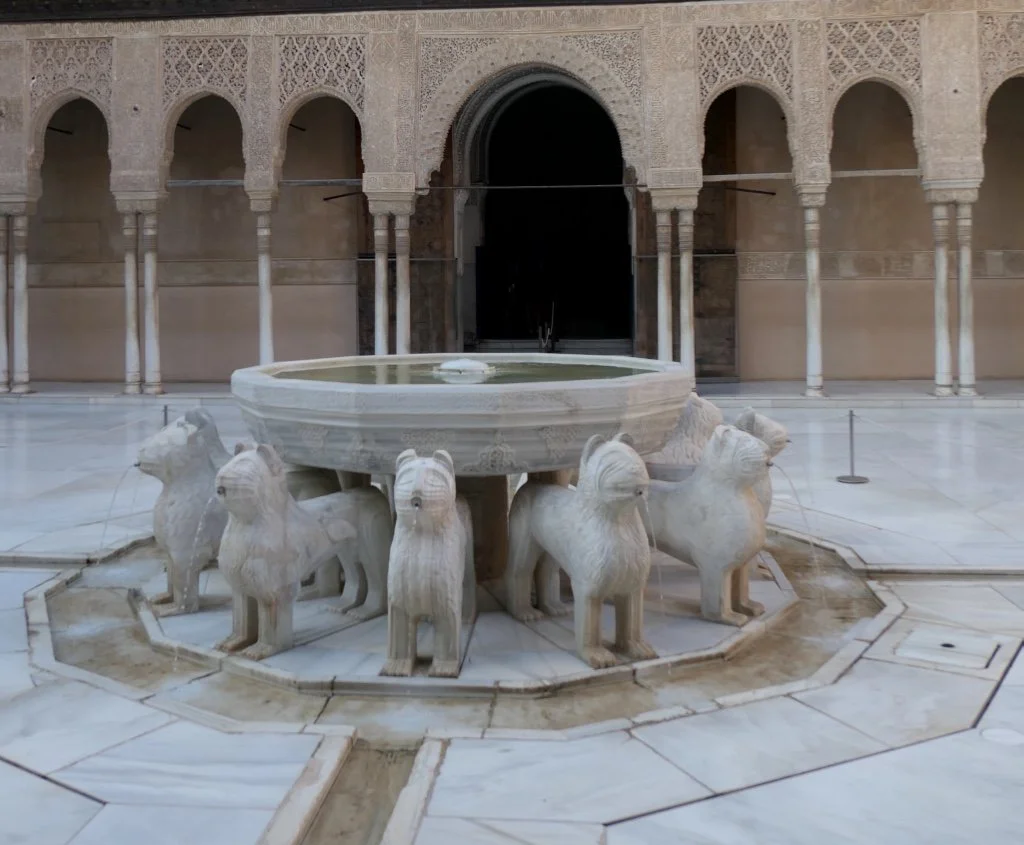The case for clarity
How clear are we about what we leave behind us and who gets to enjoy the things that we have long cherished. Have we made a Will? Who will want our ‘stuff’? Who will clear our collected debris? and importantly have we also given due thought to these matters?
There are, of course, many easy options for establishing a Will. However, assuming this first simple and necessary step has been taken, the inventory of our ‘stuff,’ it’s material and sentimental value, or its relevance to those earmarked to inherit it is almost always somewhat fuzzy. Let us ask the question whether prized and sentimental possessions have been catalogued and do we know if cash would be a better appreciated and more versatile legacy; and do we have any idea of how to get the best value for things we treasure?
How Clear is it?
In cases where we think the object would be appreciated, have we left any advice on its ‘value’, origins, its history, provenance or relevance. This applies to all forms of art, jewellery, watches, precious objects, furniture and valued collections that have been so special in our lives.
In reality we often think that our partner or offspring will skilfully deal with these issues when necessary but it’s amazing what actually happens. The clutter of our life lives on after us often requiring skips and clearance teams to rid the world of our detritus. At best it’s a thankless task for someone dear and at worst a wasteful one with things of value flung out at a difficult time without consideration of worth or real value.
Furthermore, for family members and executors to do their probate work and related administration tasks easily assumes that all information…financial, legal and material….is in one place. Passwords are made available, files can be deciphered, bank access and investments are clearly understood and thought has been given to making the process clear and well-planned. In many cases some specific notes to friends and family, general communication tasks require access to address books, email contact lists and so it goes on.

